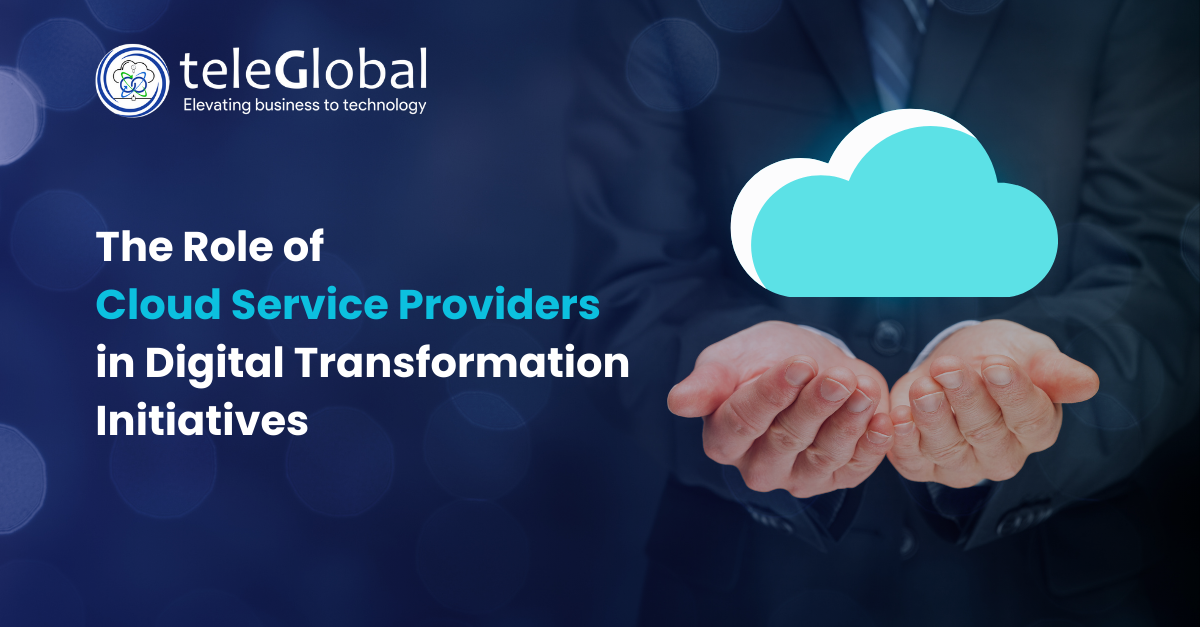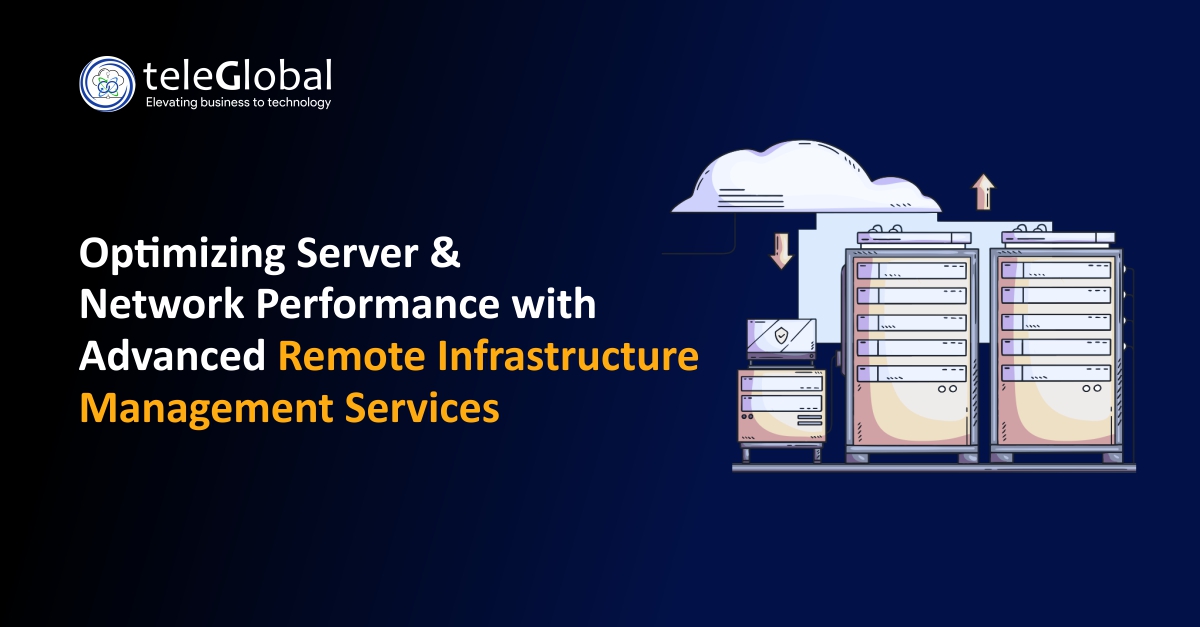
About Client: Leading Market Research Company
Leading Market Research Company is a blue ocean alternative in growth consulting and program management, leveraging a man-machine offering to drive supernormal growth for progressive organizations in the B2B space. We have the widest lens on emerging technologies, making us proficient in co-creating supernormal growth for clients.
The B2B economy is witnessing the emergence of $25 trillion of new revenue streams that are substituting existing revenue streams in this decade alone. We work with clients on growth programs, helping them monetize this $25 trillion opportunity through our five service lines – TAM Expansion, Go-to-Market (GTM) Strategy to Execution, Market Share Gain, Account Enablement, and Thought Leadership Marketing. Our Market Intelligence Cloud, The Knowledge Store™, integrates our research, and facilitates analysis of interconnections through a set of applications, helping clients look at the entire ecosystem and understand the revenue shifts happening in their industry.
The Challenge: On-prem Windows Server Migration to AWS
The client is running its web server AWS EC2 Instance.
The customer has a workload on-prem server and the database also belongs to the on-prem server so sometimes users are facing slowness issues.
Hence the database workload is very slow due to the configuration not meeting database requirements whereas a cloud solution is required place to avoid slowness.
Benefits of AWS Windows Server
1. Scalability: AWS allows you to easily scale your Windows Server infrastructure up or down to meet changing demands.
2. High Availability: AWS offers a range of services to help ensure high availability for your Windows Server deployments, including Amazon Elastic Compute Cloud (EC2) Auto Scaling and Amazon Elastic Load Balancing.
3. Security: AWS provides a secure infrastructure for your Windows Server deployments, including features such as security groups and virtual private clouds (VPCs) to help protect your resources.
4. Cost-Effectiveness: AWS allows you to pay for only the resources you consume, which can help reduce costs compared to maintaining on-premises infrastructure.
5. Flexibility: AWS provides a range of options for deploying Windows Server, including the ability to choose from different instance types and operating system versions.
6. Integration with other AWS services: AWS provides a range of services that can be easily integrated with your Windows Server deployments, including Amazon RDS for SQL Server, Amazon S3 for storage, and Amazon EFS for file storage.
7. Easy Management: AWS provides a range of tools and services to help you easily manage your Windows Server deployments, including the AWS Management Console, AWS Systems Manager, and AWS CloudFormation.
Benefits of AWS MSSQL Server
1. Scalability: RDS allows you to easily scale your SQL Server deployment up or down to meet changing demands.
2. High Availability: RDS offers a range of options to help ensure high availability for your SQL Server deployment, including multiple availability zones and read replicas.
3. Security: RDS provides a secure infrastructure for your SQL Server deployment, including features such as security groups and virtual private clouds (VPCs) to help protect your resources.
4. Cost-Effectiveness: RDS allows you to pay for only the resources you consume, which can help reduce costs compared to maintaining on-premises infrastructure.
5. Flexibility: RDS provides a range of options for deploying SQL Server, including the ability to choose from different instance types and versions.
6. Integration with other AWS services: RDS can be easily integrated with other AWS services, such as Amazon S3 for storage and Amazon EFS for file storage.
7. Easy Management: RDS provides a range of tools and services to help you easily manage your SQL Server deployment, including the AWS Management Console, AWS Systems Manager, and AWS CloudFormation.
Provided Partner Solution:
Application migration service and how it works.
Application migration is the process of moving an application or a group of applications from one environment to another. This can involve moving the application to a different server or hosting platform, or it can involve migrating the application to a different operating system or software framework.
There are many different reasons why organizations might need to migrate an application. Some common reasons include:
⦿ Upgrading to newer software: An organization might want to migrate an application to a newer version of the software it is based on, to take advantage of new features or to address security vulnerabilities.
⦿ Changing hosting platforms: An organization might want to move an application to a different hosting platform to reduce costs, improve performance, or take advantage of new features.
⦿ Consolidating systems: An organization might want to migrate multiple applications to a single platform to simplify maintenance and reduce costs.
⦿ Responding to changes in business needs: An organization might need to migrate an application to respond to changes in its business needs, such as a shift in the focus of its operations or an acquisition of a new company.
AWS Migration Benefits.
⦿ Improved Performance: Migrating an application to a newer version or a more powerful hosting platform can improve the application’s performance and responsiveness, leading to a better user experience.
⦿ Increased Security: Migrating an application to a newer version can help to address security vulnerabilities, reducing the risk of data breaches or other security incidents.
⦿ Improved Maintenance: Migrating an application to a newer version or a single platform can simplify maintenance and reduce the resources required to keep the application running smoothly.
⦿ Improved Scalability: Migrating an application to a more powerful hosting platform can improve the application’s ability to handle increased traffic and load, making it more scalable.
⦿ Improved Compliance: Migrating an application to a newer version or a more secure hosting platform can help an organization meet regulatory requirements and improve its compliance posture.







































